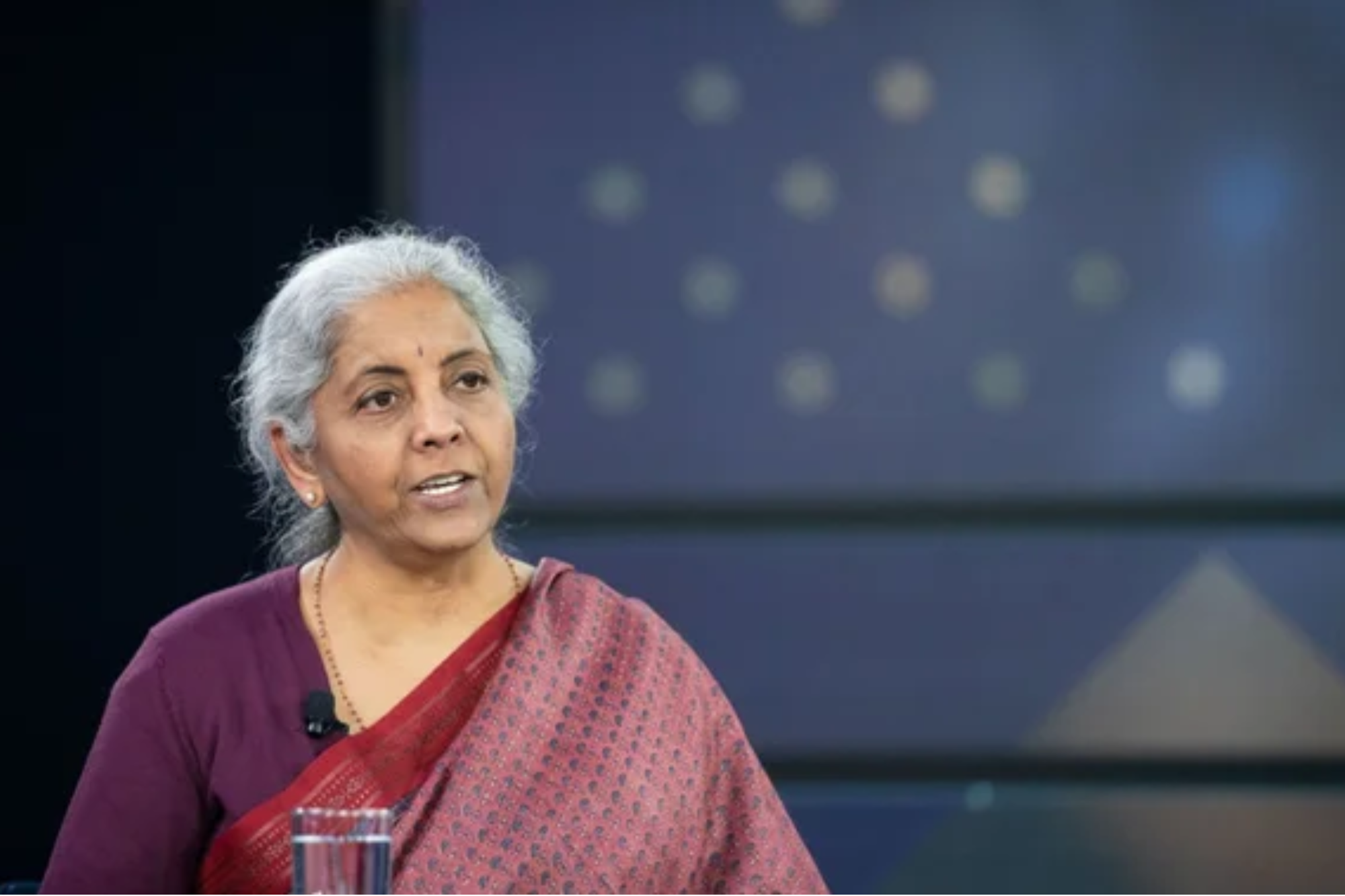50,000 More Start-ups In Five Years: What Can India Do To Help Them Flourish? With expectations that the number of start-ups in India will double, the government must make clear and consistent policies to help them scale and survive.
By Debroop Roy
Opinions expressed by Entrepreneur contributors are their own.
You're reading Entrepreneur India, an international franchise of Entrepreneur Media.

The Narendra Modi-led government has, in the last few years, ambitiously pushed the idea of aiding and creating a framework for Indian start-ups to flourish. In 2016, Prime Minister Modi had launched the Start Up India programme as an initiative to take this idea forward. Among other things, the programme included opening several incubation centres, tax exemptions, a INR 10,000-crore fund and a faster exit mechanism.
India currently has a little more than 50,000 start-ups registered, according to Guruprasad Mohapatra, secretary of the Department for Promotion of Industry and Internal Trade. Mohapatra, during a panel discussion at the India Economic Summit held over two days ending Friday, said he expected the current number of start-ups in the country to double by 2024.
According to Ankur Pahwa, partner and national leader, e-commerce and consumer internet at E&Y, that while the number quoted by Mohapatra is ambitious yet certainly plausible, the government needs to take steps to ensure that those start-ups survive. "I think the important thing is not only the number of start-ups that you are talking but...how these start-ups can build scale and survive," he said.
"Their survival and scale is an important enabler for the $5 trillion ambition."
Need For Clear and Consistent Policies
Pahwa stressed on the need for clear and consistent policies governing start-ups for them to have a chance to grow and flourish.
"The e-commerce ecosystem has created a lot of direct and ancillary start-ups, and more are mushrooming everyday to serve the complex supply chain and supporting innovation across the business model. But there is a need for robust, clear and consistent laws for the governance of the sector and until that is done, governance in piecemeal is disruptive to the ecosystem," he said.
Faster Deployment of Allocated Funds
When the start-up initiative was first launched, many were hopeful of receiving funds from the planned deployment of INR 10,000 crore. Even though the implementation has happened in some measure, the rate of deployment has hardly been enough.
"I think there has to be more robust ways in which it can be deployed, and there has to be accountability around the timing of deployment including downstream investments from these funds as well; deployment acceleration is much needed to establish the essential building blocks and set them on the path towards reaching their escape velocity," said Pahwa.
More Regularized Debt Support For SMEs
The gap in financing for small and medium enterprises (SMEs) in India is well documented. With the banking sector in the country becoming more conservative in its approach due to rising non-performing assets, it has become even more difficult for small businesses to borrow money.
Outside of the INR 10,000 crore that the government has allocated, there needs to be a better debt infrastructure for these businesses, according to Pahwa. "The challenge for an entrepreneur is not setting up a start-up but surviving and scaling which in the absence of capital is not possible. There is a need for improved debt infrastructure to help build and scale start-ups with innovative lending structures."
Focused Support For Women Entrepreneurs
The lack of enough support for women entrepreneurs is another area that needs more highlighting, said Pahwa. "Any demographic that you see, is very heavily skewed towards the men."
According to him, the government has to focus on getting more female entrepreneurs on-board and proposals with respect to preferential terms and rates for women-led start-ups is a requirement. This would help in creating a better ecosystem for SMEs, which would see a lot more participation from women, especially from the lower economic strata.









